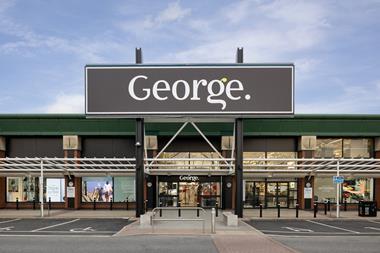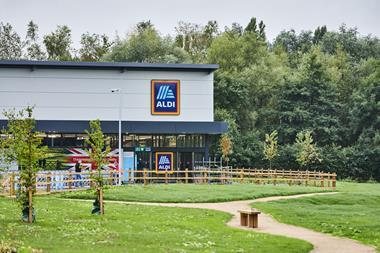Consumer spending power grew at the slowest rate for two-and-a-half years last month, according to the Asda Income Tracker.
The average UK family had £205 of disposable income per week in January, up £7 a week year-on-year.
Asda said the 3.5% uplift in spending power was the slowest rate of growth recorded by the tracker since August 2014.
In contrast, fuel prices rocketed 16.8% year-on-year as the cost of living increased for families across the UK.
Prices in restaurants, hotels, communication, alcohol and tobacco also rose year-on-year according to the tracker.
However, Asda recorded deflation in mortgage interest rates, gas prices and groceries compared to January last year.
Despite disposable income growth slowing, the grocer’s income tracker suggested that consumers were turning to credit cards and loans to make purchases, rather than tightening their purse strings.
The average unsecured household debt reached £7,000 at the end of 2016, £508 higher than it was the previous year.
Cebr economist Scott Corfe said: “The party is starting to fizzle out for consumers in 2017, with growth in discretionary spending fading fast.
“The latest income tracker sets the scene for next month’s Budget, when the Chancellor will be under pressure to deliver some tax cuts for the ‘just about managing’ at a time when incomes are under the cosh.”


























No comments yet